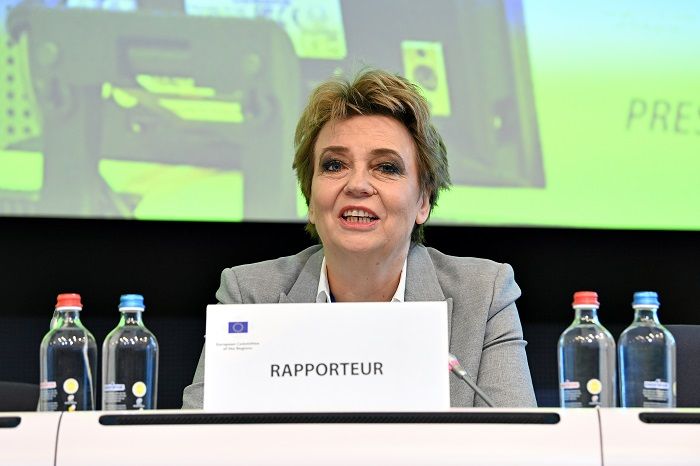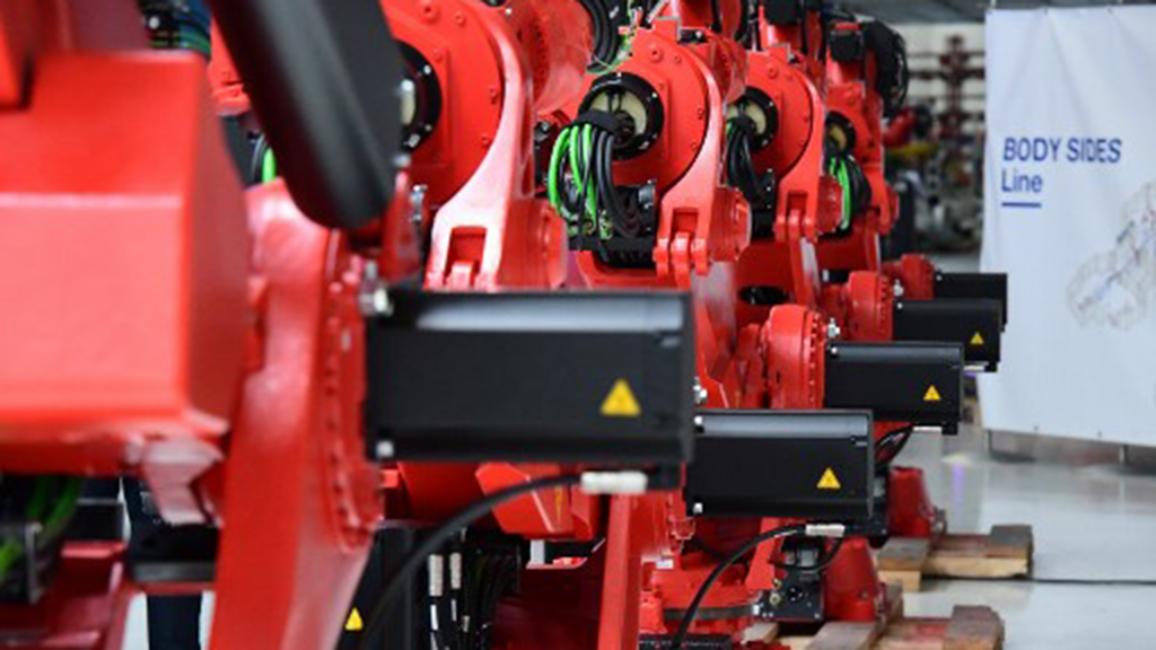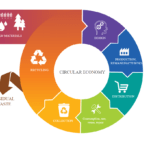European enterprises have been hit hard by the Covid-19 pandemic, as many have had to shut or reduce their workforce while finding new ways to work to keep up with the necessary digital and green transitions.
In May 2021, the European Commission presented its updated proposal for the EU’s industrial strategy, to reflect the changed circumstances.
The updated strategy builds on the lessons learned from the Covid crisis to boost the recovery and address the EU’s strategic dependencies at technological and industrial levels. It underlines the need to strengthen the resistance of the EU’s single market to disruptions and to ensure continuity in the free movement of people, goods, services and capital; the need to analyse and address strategic dependencies; and the need to accelerate the green and digital transition.
It proposes a single market emergency instrument to mitigate the impact of future market crises, safeguard the free movement of services and goods and maximise the availability of essential products.
On 13 July 2022, Parliament’s environment committee adopted a report calling for the updated strategy to ensure a competitive, clean and resilient industry in the European Union. The whole Parliament is expected to approve it during the plenary session taking place in Strasbourg in September.

The EU’s ecological transition must be grounded on a strong social acceptability |
The EU’s industry landscape in numbers
Industry represents more than 20% of the EU’s economy. It creates and produces innovations, sustainable materials and the products needed for the economy and society of the future. In addition, it accounts for 80% of exported goods. The EU is also a top global provider and destination for foreign direct investment.
Manufacturing makes up most of the EU’s industrial economy, accounting for more than four fifths (84.7%) of industrial value added in the EU and 90.3% of industrial employment in 2019.
Empowering smaller firms to achieve sustainable growth
In 2019, there were 23.2 million enterprises in the EU’s non-financial business economy, employing 131.5 million people. The majority (99.8 %) were micro and small and medium enterprises (SMEs), which generated more than half the EU’s gross domestic products.
Together with start-ups, small and medium-sized enterprises are crucial in the digitalisation of the EU and a critical source of innovation, MEPs want improved access to finance and a reduction of their administrative burden.
The industrial strategy should focus on them, as many have contracted debts due to national coronavirus measures, reducing their investment capacity, which is likely to trigger sluggish growth in the long-term.
More information: Press release – European Parliament







Leave a Reply